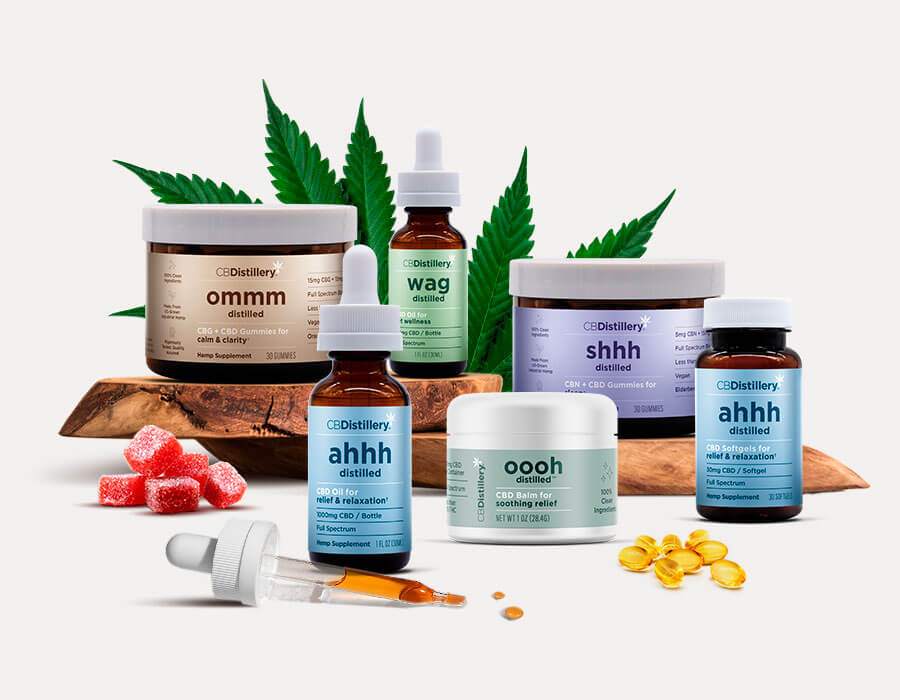A recent Gallup poll found that 64% of US adults know about CBD. Out of that group, 14% say they incorporate CBD products into their health and wellness routine. Unsurprisingly, the majority of people who know of and take CBD live in the western United States. Compared to the east coast where only 61% of people know about CBD, 76% of west coast-dwelling adults polled knew about CBD and 21% said they take CBD.
Domestically, opinions about CBD differ from one coast to the other. But this disparity among adults in the US is nothing compared to the diverse global views on CBD and agricultural hemp. If you’re wondering how countries around the world feel about the popularity of the CBD industry, this one’s for you.
What are the Different Views on CBD Around the World?
It’s easier to understand worldwide opinions on CBD by looking at global laws on hemp, cannabis and their derivatives. Let’s dive into some of the legal and social regulations surrounding CBD across the globe.
Europe
Today, Europe falls just short of the US in total CBD market share, contributing 11% to the $0.5 billion global market. Hemp has a long history in European countries and it’s no wonder this continent is home to some of the most progressive opinions about CBD.
The legalization of medical cannabis in multiple countries across Europe has paved the way for the CBD industry.
CBD is already legal under medical cannabis laws in the following European countries:
- Austria
- Belgium
- Denmark
- Netherlands
- Romania
- Spain
- Portugal
- Italy
- Switzerland
- The UK
Many other countries in Europe allow the sale and consumption of CBD products containing no more than 0.2% THC. But Croatia, Slovenia, and Bulgaria have banned all cannabis and industrial hemp-derived substances, including CBD.
Asia and Australia
APAC countries contribute 9% to the global CBD market, but they’ve also enacted some of the strictest laws on CBD in the world. For example, Singapore outlaws cannabis products of any kind—regardless of its potency. This includes all cannabidiol products, including those whose ingredients do not contain any THC. Meanwhile, India and China’s laws are slightly confusing, in which they state that CBD and hemp are illegal, yet they allow the sale of CBD and hemp products in some areas.
South Korea and Thailand are leading the CBD industry in Asia. This is especially true now that Thailand approved its very first medical cannabis product for hospital patients just this year.
In Australia, agricultural hemp products are all the rage. Younger and older adults, alike, are taking advantage of CBD’s many benefits. However, their laws on the potency of CBD and THC are rather strict.
South Africa is the sole country in Africa that allows the sale and consumption of CBD products for medicinal purposes. Legislators have restricted cannabidiol products to contain no more than 0.001% THC and no more than 0.0075% CBD. There’s an additional maximum dose requirement, which makes it illegal to consume more than 20 milligrams of CBD per day.
Latin America & South America
According to a 2019 COWEN report on the global CBD industry, the majority of Latin American countries are way ahead of the rest of the world when it comes to industrial hemp legalization. Uruguay was the first country in the world to accept CBD after it legalized cannabis in 2013. In fact, hemp has been grown for over 500 years in South American countries and so it doesn’t bear the negative reputation it has in some other regions.
While there are some South American countries that ban CBD products, other countries have been researching the benefits of CBD, especially Mexico and Brazil. In addition, all forms of agricultural hemp are legal in Mexico.
St. Lucia is also taking a stance on the topic with their recent commissioning of a study looking into the medical implications and risk factors of cannabis, hemp and their derivatives. Columbia has seen the rise of a CBD company that will soon sell its products to customers in the UK and Paraguay’s leaders are considering laws that may allow medical patients to grow their own cannabis (for medicinal purposes) at home.
North America
If there’s a country that has surpassed all others by its progressive views on CBD, it’s Canada. Both CBD and medicinal cannabis have been completely legal since 2018.
Despite this fact, it’s the US that’s truly leading the global CBD market. Estimates say the United States dominate 78% of the global CBD market. And this share is only projected to grow as awareness about CBD’s benefits and safety increases.



